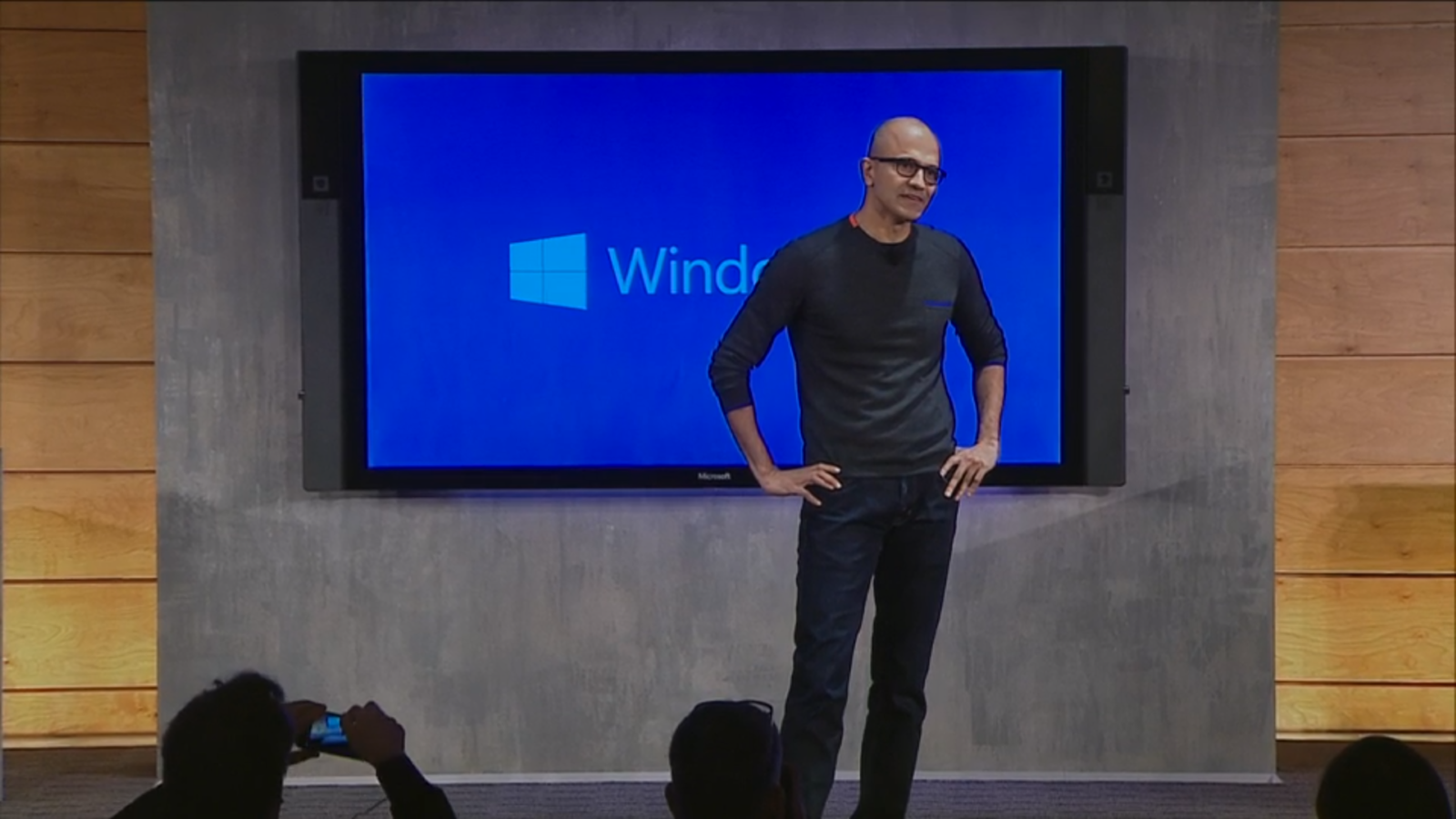 NEWS
NEWS
 NEWS
NEWS
 NEWS
NEWS
![]()
A recent Microsoft survey of internet users from developed (USA, France, Germany, Japan and South Korea) and developing nations (Brazil, China, India, Indonesia, Russia) revealed that on the whole most people are optimistic about the affects technology is having on the world, although internet privacy was found to be the one major concern expressed by almost all internet users around the world.
The survey points to a “schism” in how internet users feel about technology in developed and developing nations, saying that, “Developing countries express deep and genuine enthusiasm about the benefits of technology, whereas developed countries – where technology is more ubiquitous – express greater concerns about emerging issues.” On both sides of the schism however the majority of respondents expressed concern about who has access to information stored in the cloud; the necessity of warrants used by police to gain access to a computer; and also concerns regarding foreign governments demanding information stored on a county’s servers – such as the current controversy surrounding the US government demanding information stored on Microsoft servers in Dublin, Ireland.
The West it seems is much more skeptical about how social media has affected our relationships with each other. The survey shows that 60% of people surveyed in developing nations believe that personal technology has improved social bonds, but only 36% percent of respondents in the West ticked the positive box. A distinct difference also appeared in how respondents thought computer technology played a part in the trustworthiness of media. Most people surveyed in the developing nations said that social media (Facebook, Twitter, Weibo, etc) is where they go to gather news information, while respondents in the West turned more to traditional TV, hardcopy news media.
While most respondents from all surveyed countries believed that the internet had improved their lives in many ways, including how they did business, were educated, got “better bargains”, and services offered, other disparities emerged, such as how internet technology affected their level of fitness (developed less fit, developing more fit), and also on matters concerning children and internet access (developed less access, developing more access).
Photo credit: Leonora Enkling via photopin cc
THANK YOU